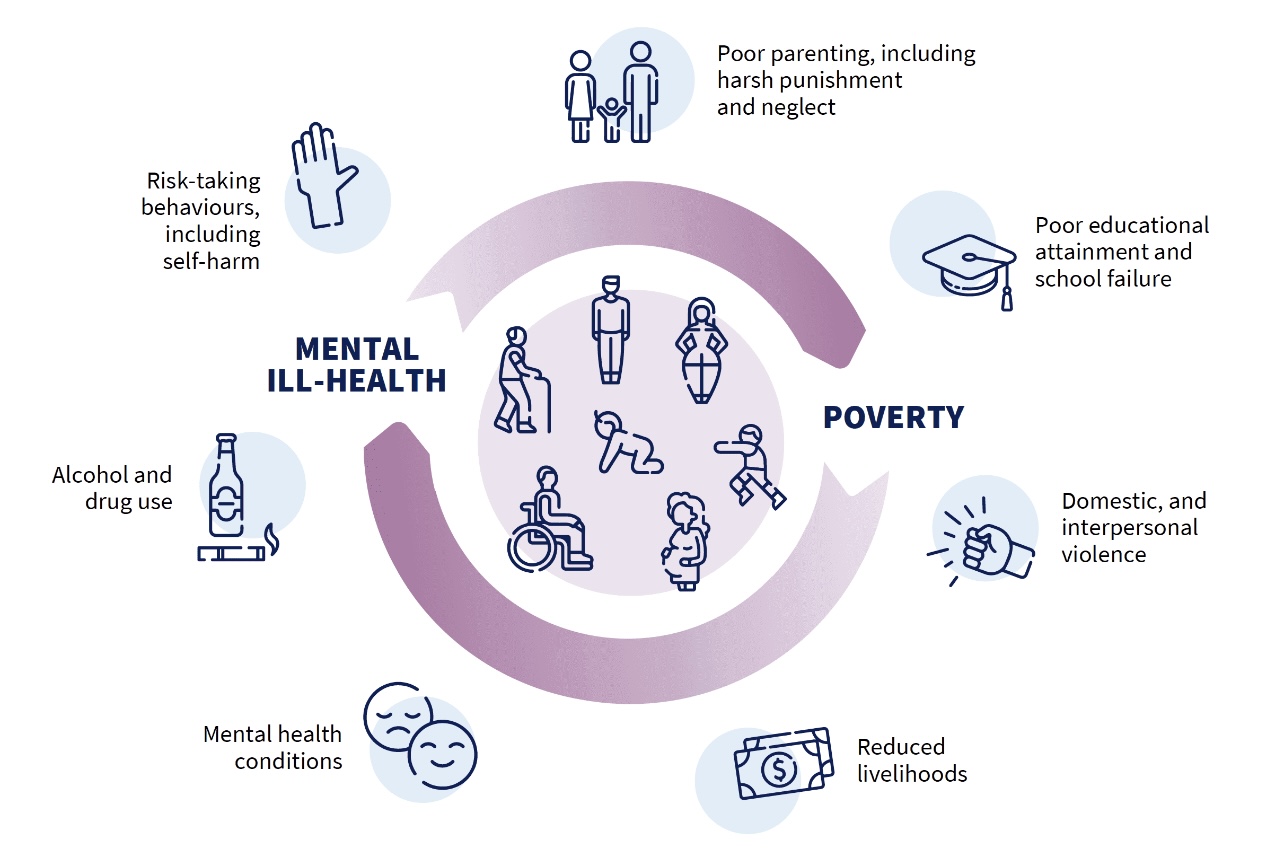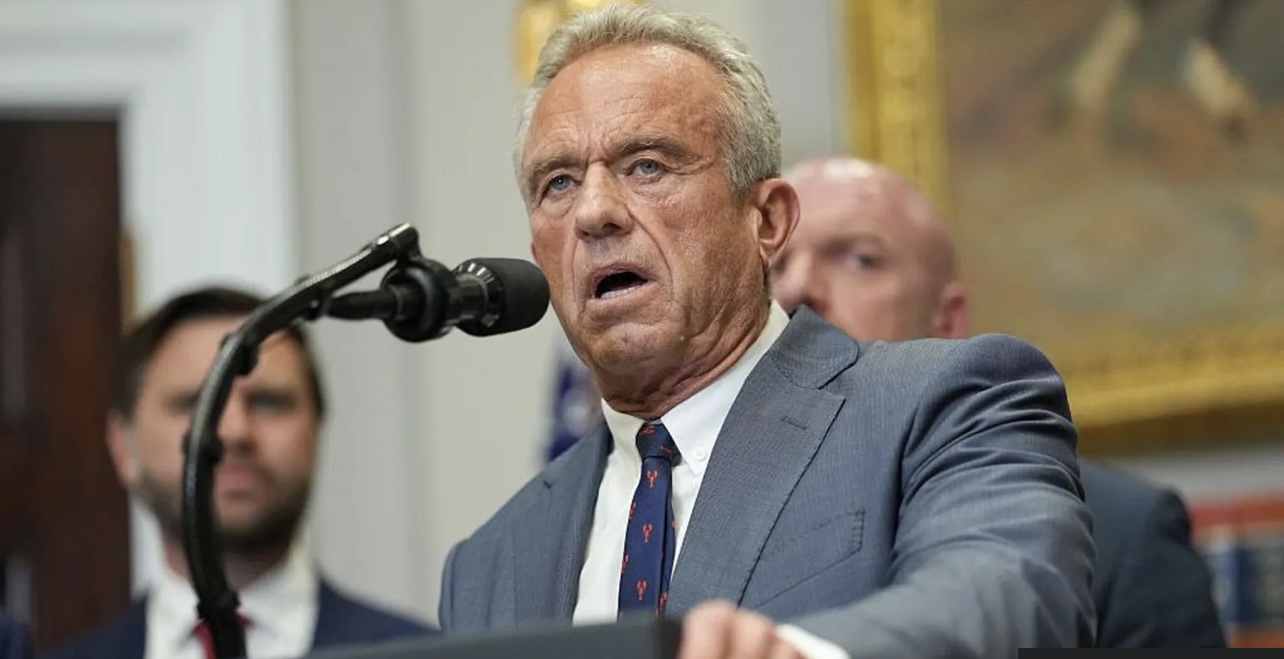The World Health Organization (WHO) has issued a stark warning that governments must urgently expand mental health services as more than one billion people worldwide now live with conditions such as anxiety and depression.
In a new report, the WHO underscored the enormous toll of untreated mental health issues, pointing not only to the personal suffering they cause but also to the economic damage. Depression and anxiety alone are estimated to drain more than $1 trillion from the global economy each year in lost productivity. Despite the scale of the problem, most countries continue to underfund mental health services, leaving millions without access to adequate support.
WHO Director-General Dr. Tedros Adhanom Ghebreyesus said the crisis could no longer be overlooked. “Despite the enormous burden, services remain critically underfunded and inaccessible to most. This is a silent emergency that governments can no longer afford to ignore,” he told reporters.
The report arrives just weeks ahead of the United Nations High-Level Meeting on Mental Health, scheduled for September 25. Leaders are expected to discuss ways to secure long-term investment and integrate mental health more fully into public health systems. The WHO argues that every dollar spent on treatment for depression and anxiety can generate up to four dollars in improved health and productivity, making mental health care one of the most cost-effective public health priorities.
Access to treatment remains uneven across the globe. In many low- and middle-income countries, there is fewer than one psychiatrist for every 200,000 people, while even wealthier nations struggle with long waiting lists, fragmented services, and social stigma. The WHO says these gaps in care not only worsen health outcomes but also weaken social stability and economic growth.
The organization is pressing governments to commit to strengthening primary health care, investing in community-based programs, and training more professionals to provide psychological support. Above all, it wants mental health recognized as a fundamental human right.
“Good mental health is essential for resilient societies,” Dr. Tedros said. “We must make it a universal right, not a privilege for the few.”



